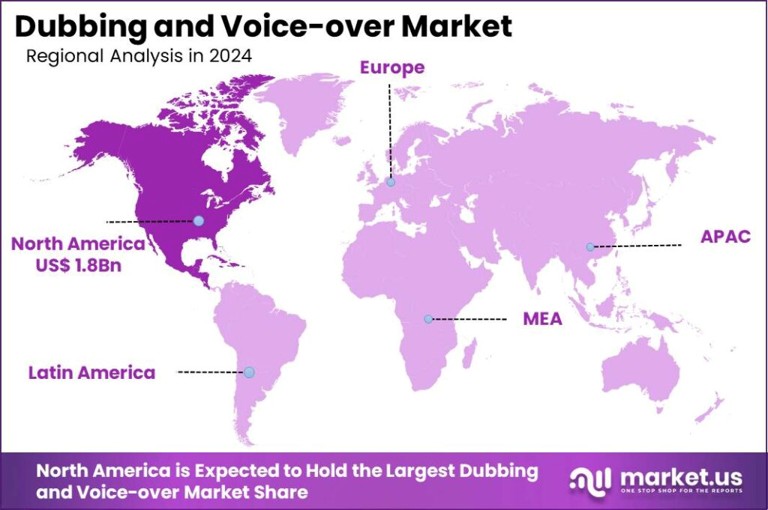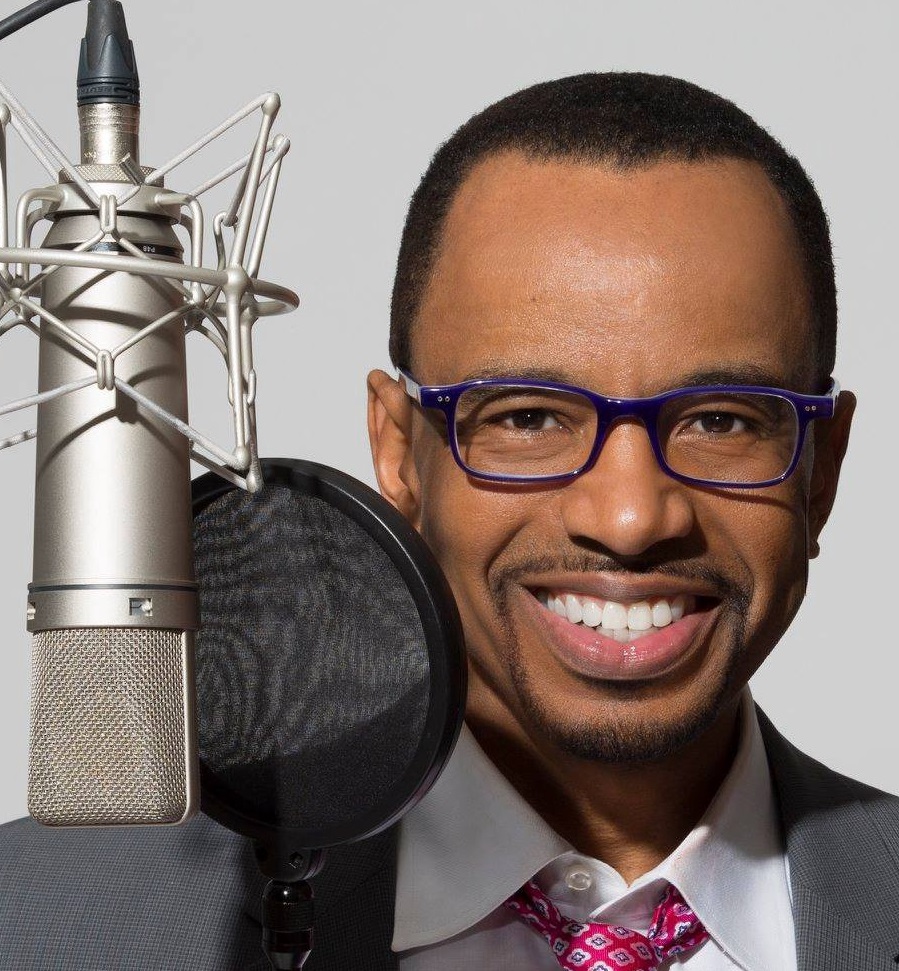Eyes Wide Open:
A Path Forward for Voice Actors
in the Age of AI
–

–
By Rudy Gaskins, June 1, 2025
–
The voice acting industry is undergoing a seismic shift. For decades, it has provided a creative home for storytellers who bring life to audiobooks, video games, animation, dubbing, advertising, and more. But now, artificial intelligence has entered the scene with a speed and scope that has left many feeling uncertain and afraid.
There is fear among working professionals. There is confusion among newcomers. And increasingly, there is exploitation.
Some of the coaching professionals flooding the market are themselves reacting to instability. Others may be consciously taking advantage of aspiring voice actors who are unaware of the changing dynamics. In both cases, the result is the same: misinformation, inflated promises, and people spending money in the dark.
This essay is not about doom. It is about realism. It is about calling on voice actors to open their eyes, educate themselves, diversify their skills, and become proactive stewards of their future.
The Real Impact of AI
Let’s begin with the facts. The global AI voice generator market was valued at $3.20 billion in 2023, and is projected to reach $40.25 billion by 2032, growing at a compound annual growth rate (CAGR) of 32.51% (GlobeNewswire, 2025). This is not speculative. It is happening now.
AI companies such as ElevenLabs claim their technology can “recreate any voice in any language with emotion and nuance.” Similarly, Resemble.ai promotes “real-time voice cloning for real-world deployment,” while WellSaid Labs emphasizes scalable production for training and marketing content. These tools are increasingly being adopted across entertainment, corporate training, advertising, and localization.
But there is more to the story.
According to SAG-AFTRA, the industry’s largest union, “AI can never replace the soul of a performance.” They have actively fought for protective clauses in voice contracts, advocating for clear rules around consent, usage, and compensation. Their 2023 Interactive Media Agreement includes protections for synthetic voice usage, and similar provisions are being sought in other media categories.
This tension between innovation and ethics is far from resolved. The AI voice revolution is not just technical. It is legal, cultural, and emotional.
The Coaching Boom: Proceed with Caution
Alongside the rise of AI, the coaching industry has exploded. On social media and industry forums, it is easy to find promises of “six-figure voiceover success,” “AI-proof careers,” or “fast-track demo creation.” While some coaches are ethical and transparent, others are not.
Beginners should be aware that anyone promising guaranteed outcomes in this environment is not offering the full truth. A coach should help talent prepare for the entire scope of the business, including technological shifts, legal frameworks, changing markets, and long-term sustainability.
Transparency and adaptability are now the most valuable currencies in the career of a voice actor.
What’s Still Possible: 5 Ways to Build A VO Future That Works
Although some jobs are shifting to AI, others are opening up in new directions. Here is how talent, whether new or seasoned, can prepare and pivot with strategy and resilience:
1. Learn the Business of Licensing and Consent
Voice actors must understand how to protect their vocal identity. In the AI age, your voice is a licensable asset. Read every contract. Ask what usage rights are being requested. Demand transparency and fair compensation for synthetic voice reproduction. Organizations like SAG-AFTRA, NAVA (National Association of Voice Actors), and the Australian Association of Voice Actors (AAVA) are leading education efforts and legislative advocacy. Their resources are a lifeline.
2. Expand Into Adjacent Skills
The voice actor of the future may also be an editor, writer, casting consultant, or producer. Mastering tools like Pro Tools, Adobe Audition, Descript, and Reaper can help actors control more of the production pipeline. Those who understand localization, audio branding, or script development will be more versatile in a tight job market.
–
3. Find Work in Global and Niche Market
While AI voices are overtaking some standardized voiceover categories, demand for human nuance remains high in international markets and culturally specific genres. According to Market.us, the global dubbing and voice-over industry is projected to reach $8.6 billion by 2034, growing at a CAGR of 7.4% (Market.us). This growth is fueled by platforms like Netflix, Disney+, and YouTube, all of which require emotional, localized performance in a variety of dialects and cultural contexts.
 –
–
In Australia, an incident involving an AI-generated radio host named “Thy” raised ethical red flags. For four hours daily, the synthetic host aired music on CADA Radio without disclosing that she was artificial. Listeners were unknowingly engaging with a machine. The AAVA criticized this lack of transparency, emphasizing that human connection in broadcasting is irreplaceable (The Verge, 2024).
–
4. Join the Movement for Ethical AI
Do not be passive. The more voice actors advocate for standards, the stronger the industry becomes. NAVA and AAVA are working to establish licensing models and ethical frameworks to ensure voice actors have a say in how AI is integrated into the industry. Union and non-union talent alike should stay informed, speak out, and participate in policy discussions.
5. Train in Emotional and Improvisational Performance
This remains the most powerful human advantage. But just because you are human doesn’t mean you excel at performing human emotions on cue. A robust training program should include:
- – Emotional Authenticity: Actors learn to identify the emotional core of a script, tap into personal memory, and deliver grounded, truthful performances. Breath work, physical relaxation, and scene analysis are key tools here.
- – Improvisation: Voice actors should practice responding unscripted within character. This not only helps with animation and games but strengthens flexibility and creative problem-solving.
- – Subtext and Intent: Great performances are built on what is not said. Training should focus on how actors can convey subtext vocally, using pacing, inflection, and breath.
- – Character Development: Actors must be able to differentiate character voices using psychological insight, vocal placement, and rhythm. A strong character wheel helps build a wide performance range.
- – Live Direction Simulation: Being directed in real time is part of professional life. Training should offer mock sessions where actors receive and apply notes under pressure.
These skills cannot be replicated by AI. And for now, they are in higher demand than ever in animation, audiobooks, live-action dubbing, and branded storytelling.
Respecting the Future, Without Fear
AI is not the end of the voice acting profession. It is a transformation of it. New tools and business models are being created. Many innovators are seeking collaboration, not displacement. Performers are now positioned to shape this transition in real time.
To all voice actors: do not run scared. Learn how the market works. Diversify your skill set. Build alliances with those advocating for your rights. Speak the truth about what you need, what is changing, and what is still possible.
This is not the end of your career. It is a call to reimagine it. ♦♦♦
–
 Rudy Gaskins is the CEO and co-founder of the Society of Voice Arts and Sciences (SOVAS), a nonprofit organization dedicated to supporting the global community of voice actors and the professionals who contribute to the voice acting industry. I have co-created That’s Voiceover!™ Career Expo and the Voice Arts® Awards . Rudy is an Emmy Award-winning TV producer and documentary filmmaker, with a career spanning PBS, ABC News, NBC Sports, Court TV, and Food Network. His natural talent for advertising led him to become Vice President of Creative Services at Court TV, after which he founded Push Creative Advertising, offering branding services for major global brands such as American Express, Lexus, NBC Sports, Delta Air Lines, Costco, Food Network, BET, and TV One. He has received numerous awards across the media spectrum, including multiple Telly and Promax awards. Under his leadership, SOVAS has been honored with Special Congressional Recognition from the United States Congress, a Certificate of Merit from the New York State Assembly, and a City Council Citation from The Council of the City of New York.
Rudy Gaskins is the CEO and co-founder of the Society of Voice Arts and Sciences (SOVAS), a nonprofit organization dedicated to supporting the global community of voice actors and the professionals who contribute to the voice acting industry. I have co-created That’s Voiceover!™ Career Expo and the Voice Arts® Awards . Rudy is an Emmy Award-winning TV producer and documentary filmmaker, with a career spanning PBS, ABC News, NBC Sports, Court TV, and Food Network. His natural talent for advertising led him to become Vice President of Creative Services at Court TV, after which he founded Push Creative Advertising, offering branding services for major global brands such as American Express, Lexus, NBC Sports, Delta Air Lines, Costco, Food Network, BET, and TV One. He has received numerous awards across the media spectrum, including multiple Telly and Promax awards. Under his leadership, SOVAS has been honored with Special Congressional Recognition from the United States Congress, a Certificate of Merit from the New York State Assembly, and a City Council Citation from The Council of the City of New York.
–












